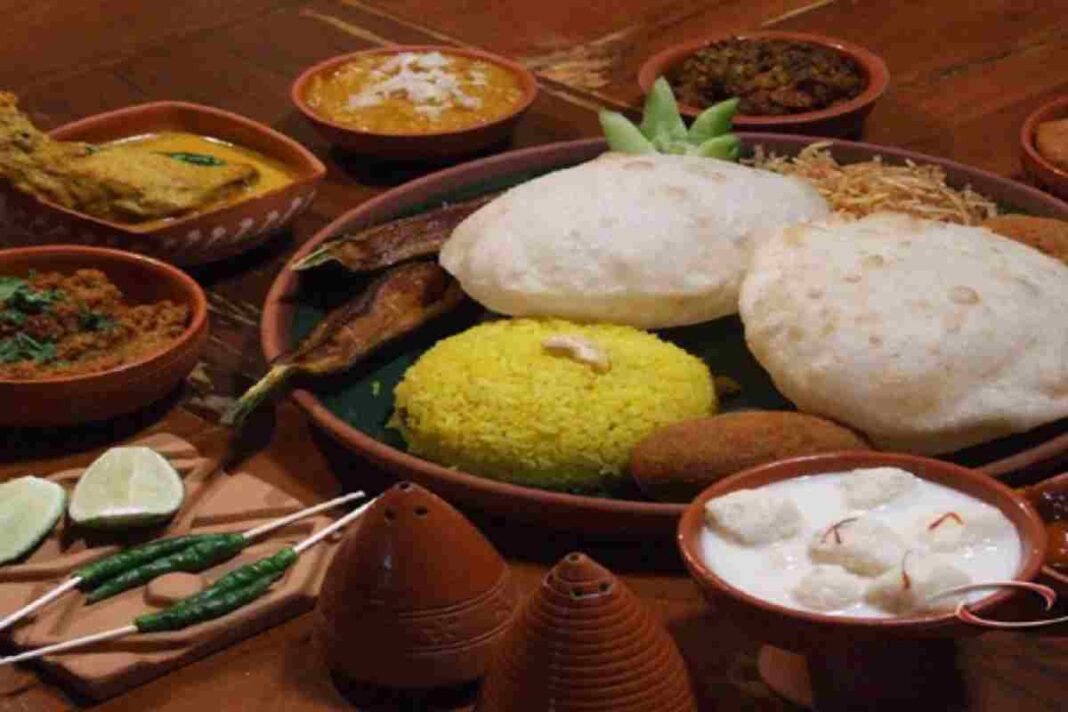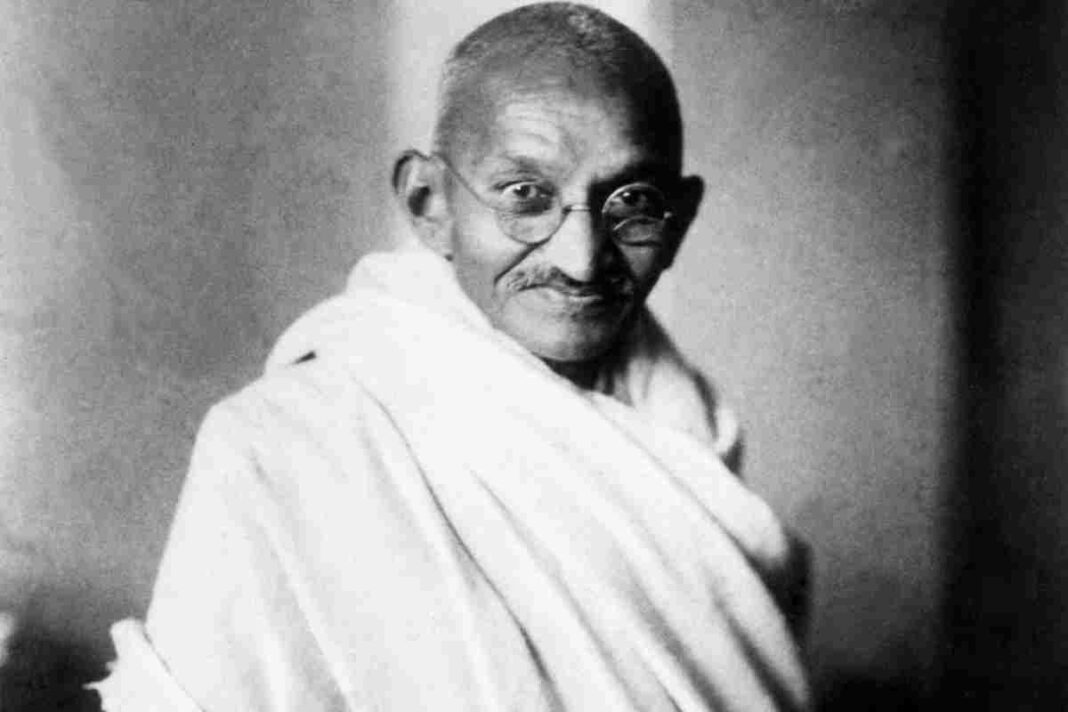East Bengal, now known as Bangladesh, has a rich culinary heritage that has always been celebrated for its delectable dishes, providing a profound sense of satisfaction to those who indulge. The region, which once encompassed both East Bengal (now Bangladesh) and West Bengal, has been renowned for its diverse array of fish-based dishes.
A Land of Culture and Struggle
Bengal, home to some of India’s most influential thinkers, protesters, and freedom fighters during the British colonial period, played a pivotal role in India’s prolonged struggle for independence. The state was an epicentre of impactful movements and campaigns that ultimately contributed to India’s hard-fought freedom. However, this long-anticipated independence came at a heavy cost – the partition of India.
The Tragedy of Partition
Bengal, like Punjab, bore the brunt of the tragic partition of India. The region, rich in cultural heritage, was divided into East Bengal (Purbo Bongo) – which became part of Pakistan due to its majority Muslim population – and West Bengal (Paschim Bongo), which remained with India, predominantly Hindu in its demographics.
Preserving Traditions Amidst Tragedy
Despite the partition’s upheaval, the tragedy could not sever the people from their traditions. Many of the displaced individuals who endured the horrors of partition violence and relocated to other Bengal may have left behind their homes and lands. Still, they carried with them the legacy of their thoughts and the tradition of taste.
Sorshe Ilish Bhapa: A Culinary Masterpiece
Among the culinary treasures of Purbo Bongo (East Bengal) is the iconic Sorshe Ilish Bhapa, a dish that exemplifies culinary finesse. This dish consists of steamed Hilsa fish bathed in a luscious mustard gravy. What makes it truly remarkable is that there are more than 100 variations of Hilsa recipes, primarily found in Bangladesh, where this prized fish is celebrated.
A Shared Culinary Heritage
Over time, Shorshe Ilish Bhapa transcended borders and became incredibly popular in West Bengal as well. It stands as a testament to the enduring nature of culinary traditions, which have the power to unite people despite the divisions imposed by history.
In the world of cuisine, as in the world of culture, the legacy of East Bengal continues to flourish, reminding us of the resilience of tradition and the shared appreciation of exceptional flavours that transcend boundaries.
For a detailed story, please visit: Awaz the voice
Also Read: India’s Global Leadership: G-20 and Development
You can connect with DNN24 on Facebook, Twitter, and Instagram and subscribe to our YouTube channel.



